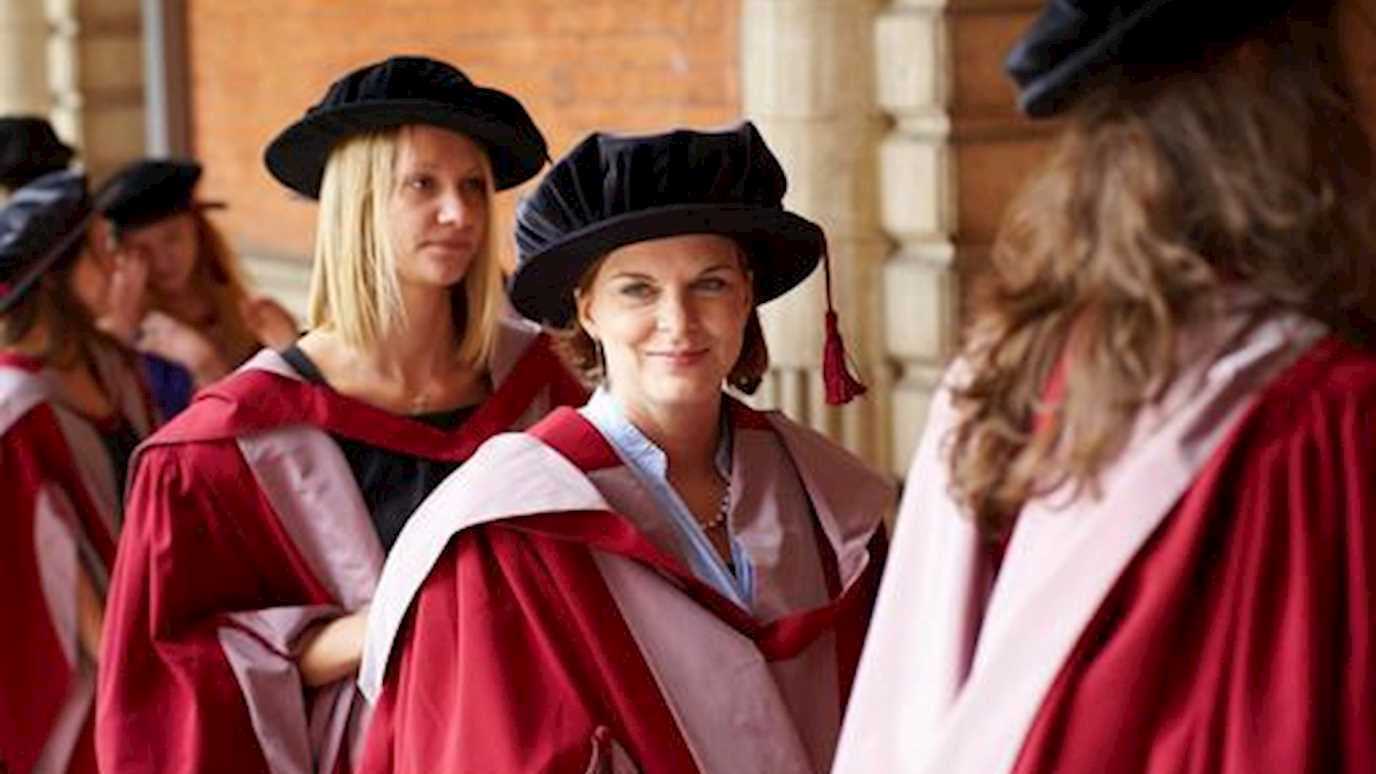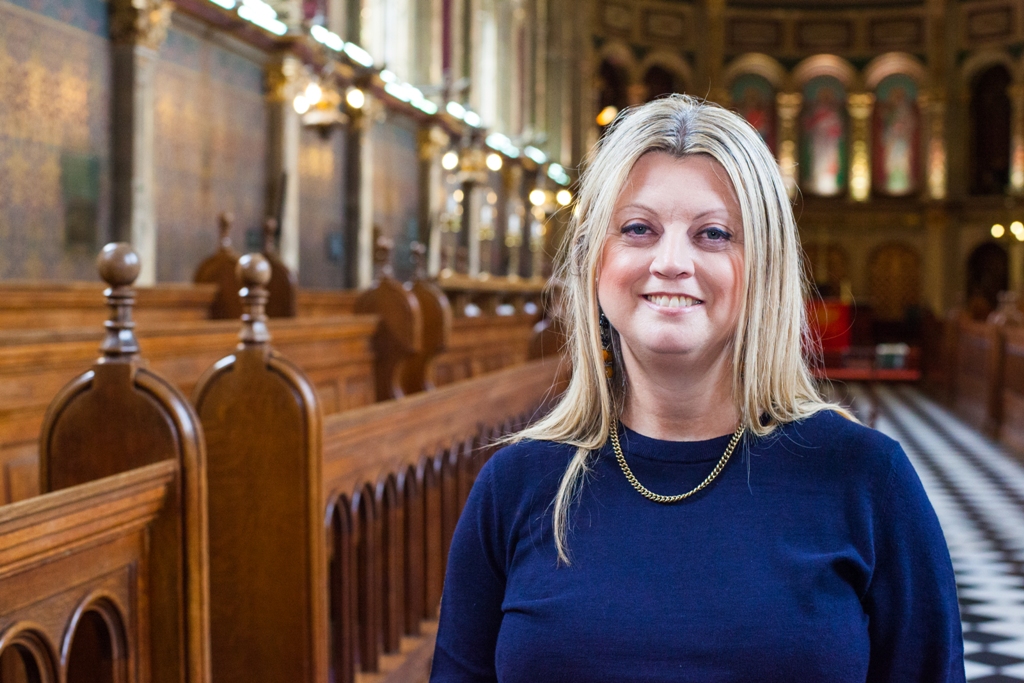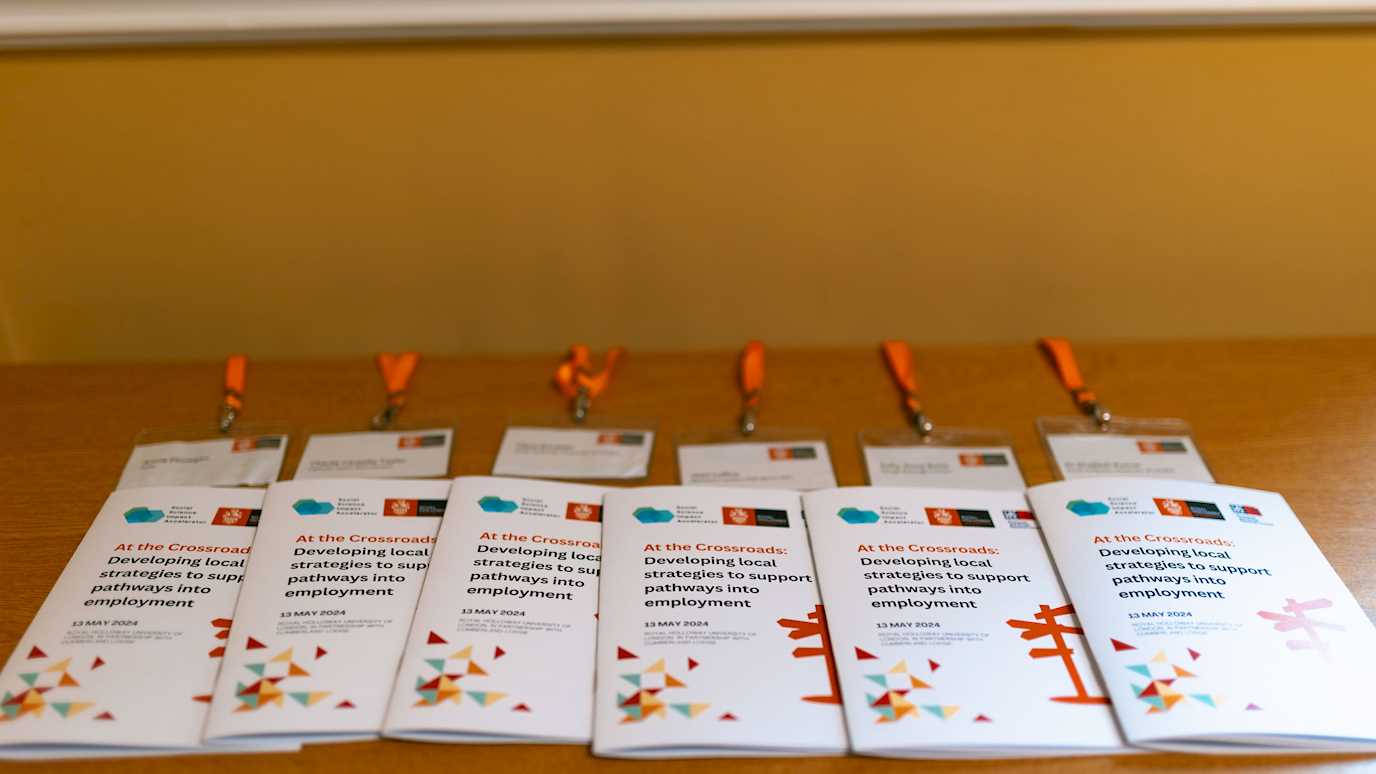Eligible candidates are invited to submit their proposals if they meet the eligibility criteria and their project falls within the scope of the description below.

International Human Rights Futures
This is a project on International Human Rights Law (IHRL) and its relationship with existence, empowerment, and human dignity. Global issues are increasingly interlinked and overlapping. Peoples’ human rights are increasingly threatened by risks to their very existence, for example, by cross-border threats of violence, health, and environmental crises. These affect individuals’ daily lives and are not halted by traditional state boundaries. Many argue that IHRL is failing to adequately respond to these challenges and that it must implement new, bottom-up approaches where the international community is responsive to the needs identified by those affected individuals themselves.
Proposals covering any of the following areas are sought from candidates with excellent credentials. Candidates need to explain in their proposal how it connects to the overall aim above.
- Theoretical rethinking, reimagining, and reconstructing the current framework of IHRL using feminist and or Third World Approaches to International Law. The project’s use of critical approaches will evaluate the merits of the literature on the humanisation of IHRL in the context of current challenges to the state based IHRL system. Drawing on literature on the meanings of human dignity and humanisation, the candidate will construct an analytical framework with which to draw conclusions on the way forward for IHRL, exploring methods of empowerment and how these benefit from grassroots’ approaches to IHRL. The student may choose to apply critical theory to focused case studies or utilise socio-legal methods if they so choose.
- What use is strategic litigation in IHRL? Strategic litigation can be brought by advocacy groups that mobilise globally to gain support and spearhead challenges to states’ human rights obligations, but groups can also form the darker side of activism posing new threats and potential divisions. Whilst human rights litigation has been used by groups as well as individuals, many argue it remains conceptually focused on individual rights prioritising certain types of lives, ways of living and persons worth protecting. How useful is this strategy? The student may choose to evaluate practice at international and regional levels in a variety of areas, such as displacement or climate change.
The Scholarship
The School of Law and Social Sciences Scholarship offers a home fee waiver and a maintenance award of £16,000 p.a. for 3.5 years for full-time students (or half of that amount per year for 7 years for part-time students). International students are eligible to apply but please note that if successful the difference between the home and overseas fee will need to be found from another source. The exception is made for EU students starting in September 2021, who will be awarded an additional fee reduction scholarship that brings your fee into line with the fee paid by UK students.
Students can start in either October 2021 or January 2022.
Supervision
The successful candidate will be supervised by Dr Irene Antonopoulos, Dr Alexander Gilder and Professor Jill Marshall.
The Department of Law and Criminology has an active multidisciplinary research culture. We have developed a thriving culture and highly regarded profile for research across outputs, impact, and funding. Staff and postgraduate students regularly publish work on a wide range of subjects spanning law, criminology, forensic psychology, social policy, and sociology. Staff and PhD students work together in research clusters to organise events, submit funding applications, publish, and create a supportive research environment across four main research themes of: Crime and Punishment; Families and Children; Health and Social Care; and Rights and Freedoms.
We have a strong postgraduate community, and our students enjoy a friendly and stimulating research environment. Many of our postgraduate students are from outside the UK, which provides a forum for exchanging ideas in an international context.
Qualifications and Eligibility
Candidates must:
- Have a first or upper-second class honours degree in law or equivalent
- Have a Masters-level qualification (or be nearing completion)
- Have excellent interpersonal communication skills
Candidates with a background in Public International Law and International Human Rights Law are encouraged to apply for this scholarship.
Application Procedure
In order to be considered for this scholarship, please submit
- A 1-2 page statement outlining your interest in the research project and how you meet the eligibility criteria
- A copy of your undergraduate and postgraduate transcripts
- A current CV
- A proposal (up to 2,000 words) setting out how you would develop the envisaged research project.
These materials will need to be submitted directly to Dr Emily Glorney (Emily.Glorney@rhul.ac.uk).
The closing date for applications is Friday 18 June 2021 5pm GMT. Interviews are expected to take place at the end of June-beginning of July.
Informal enquiries about the scholarship can be made to Dr Irene Antonopoulos (Irene.Antonopoulos@rhul.ac.uk).
























